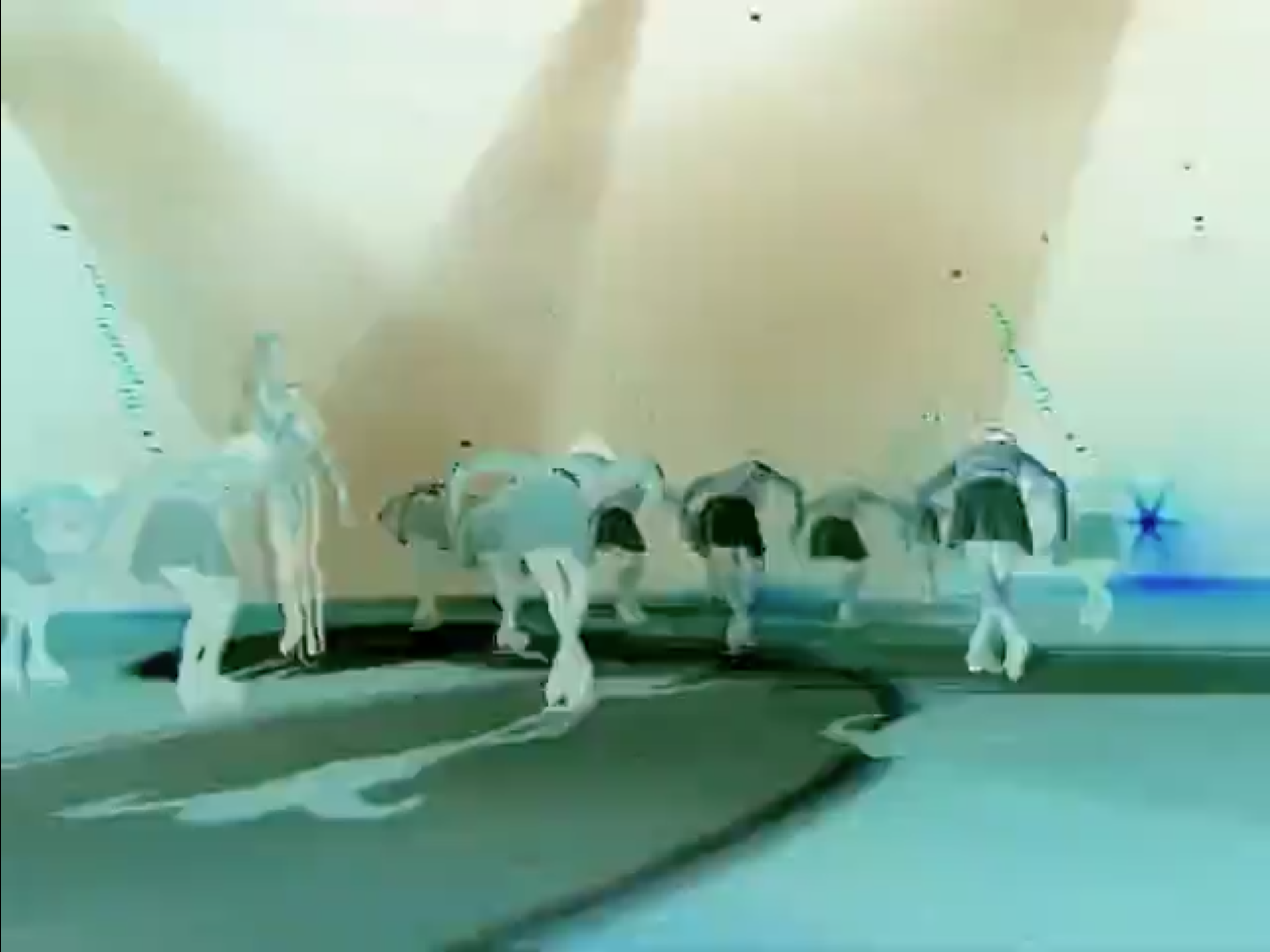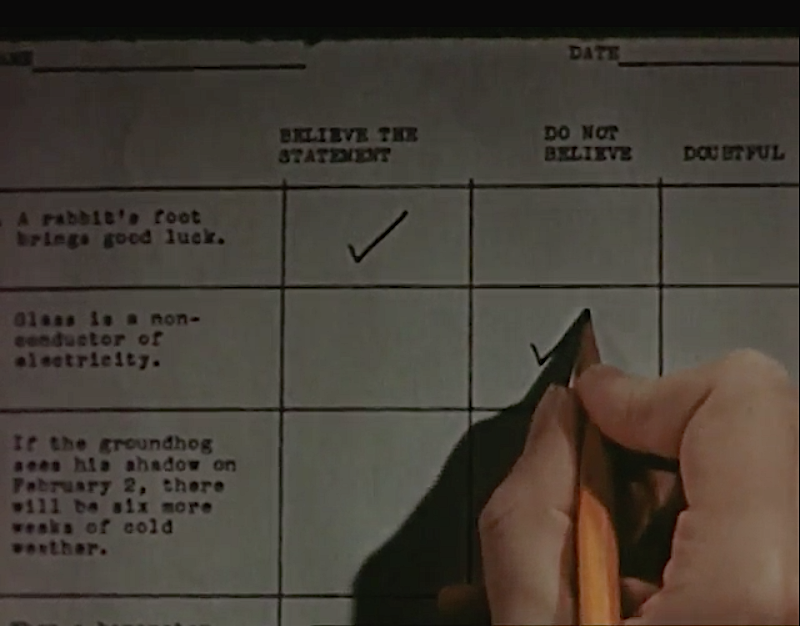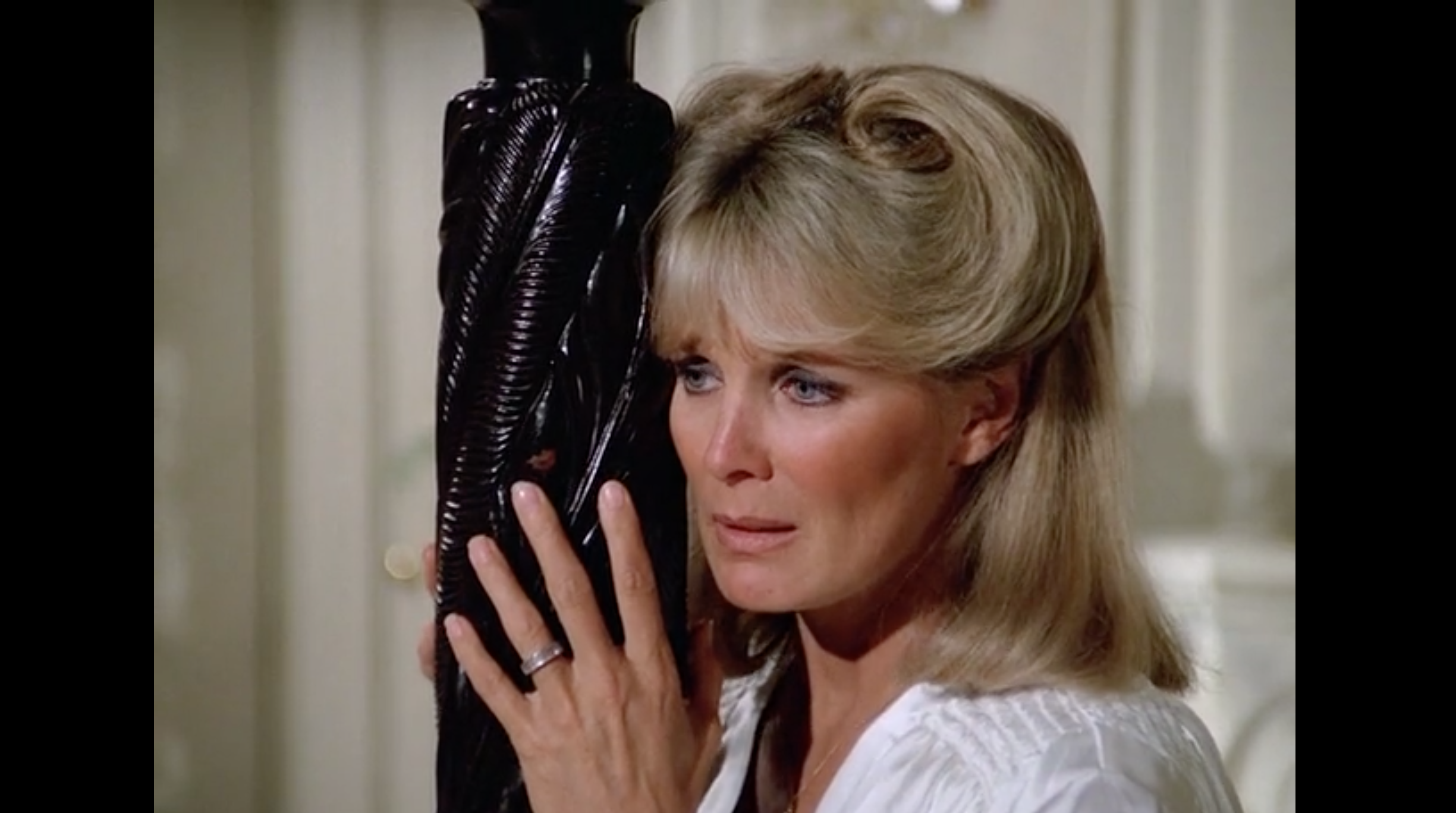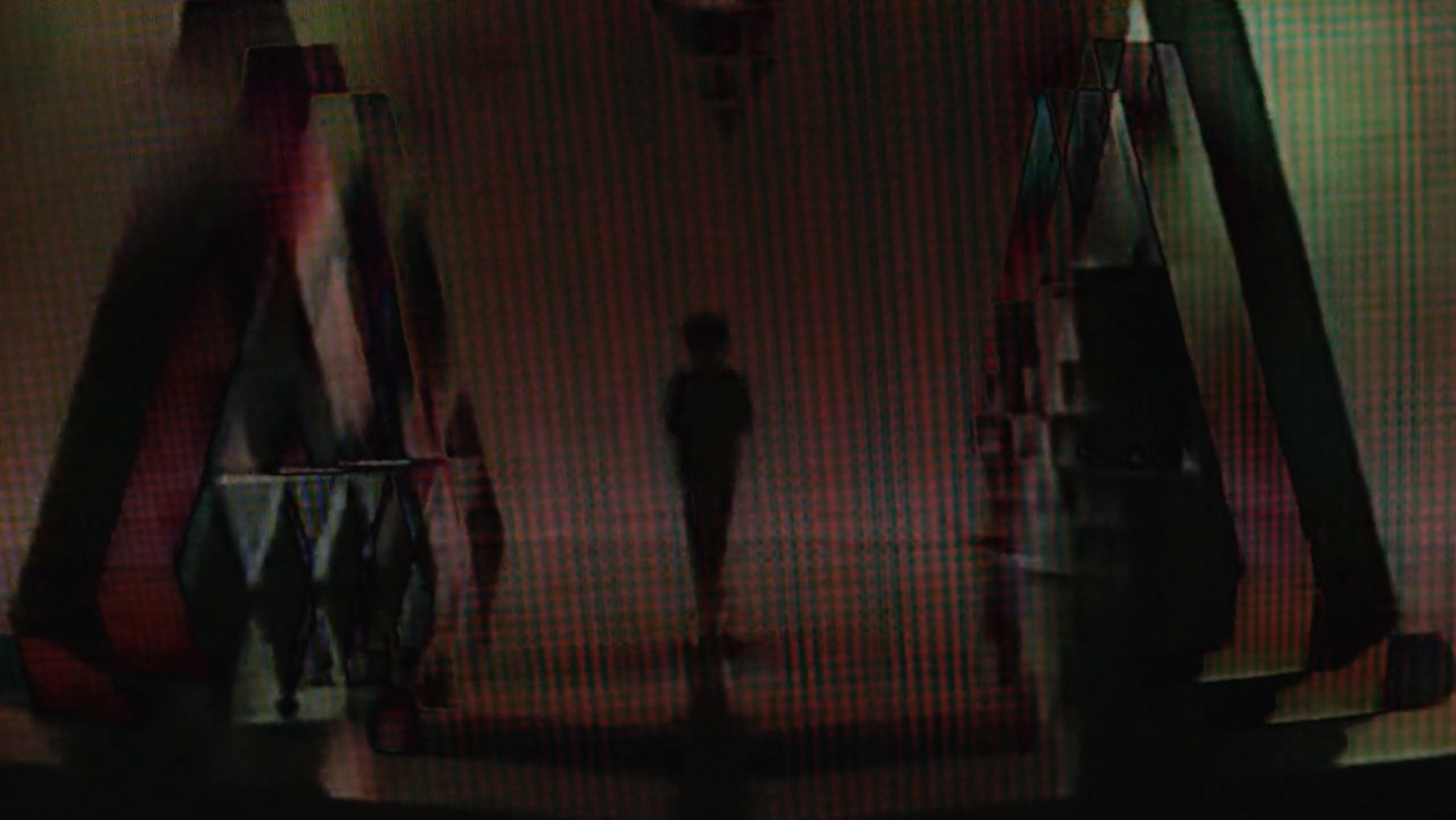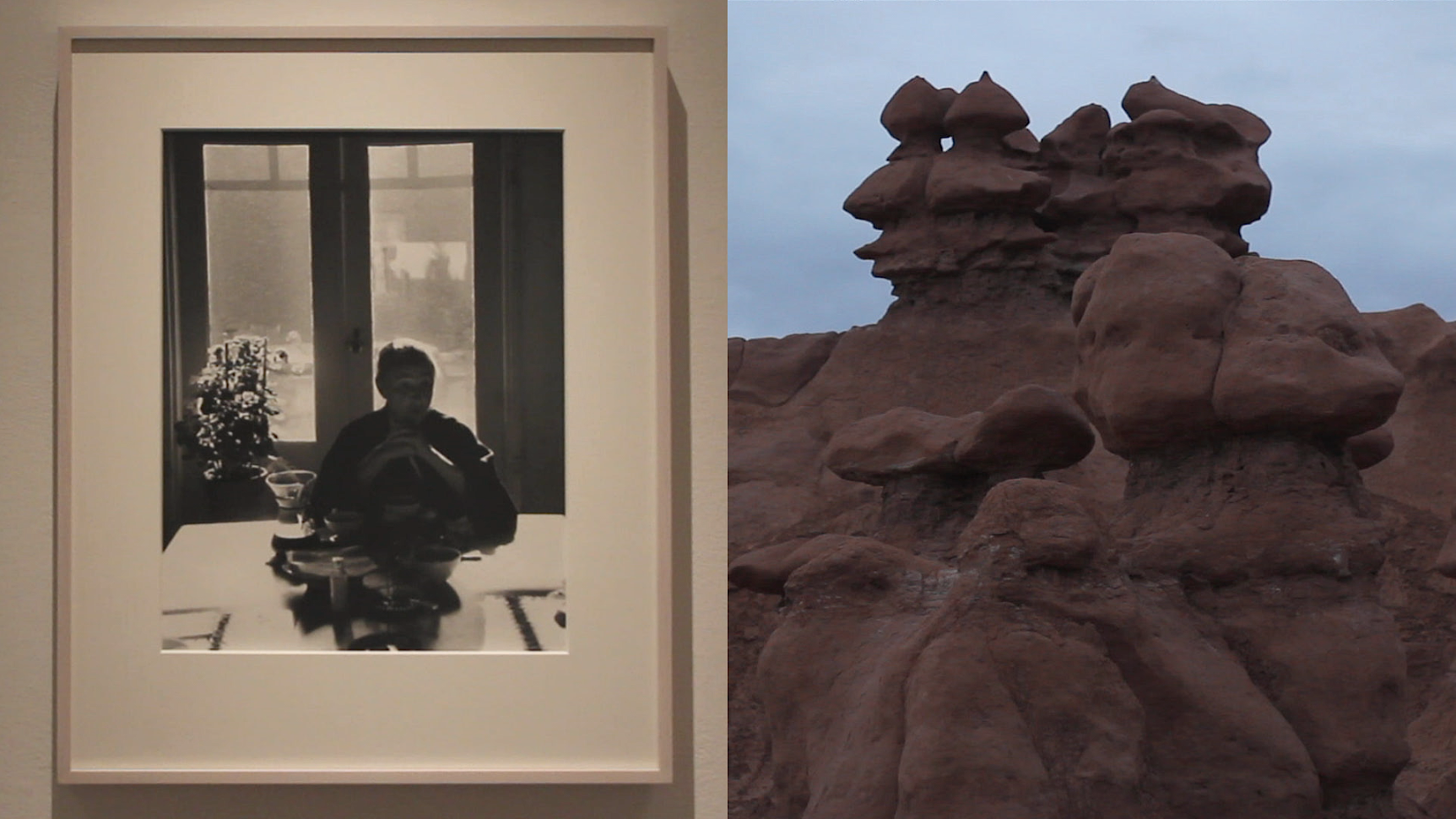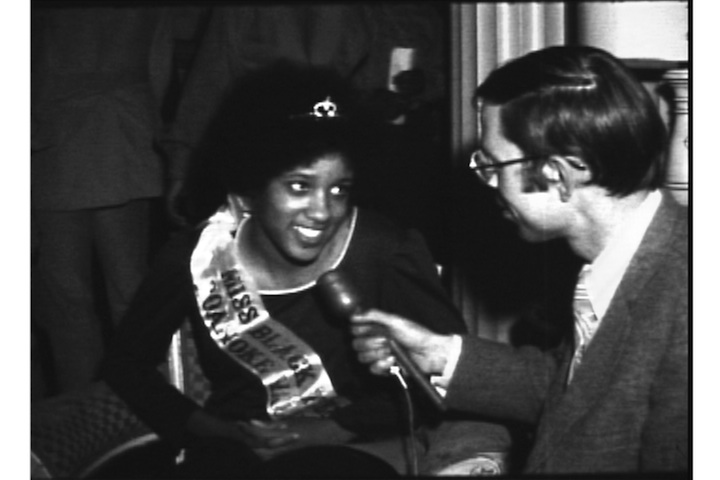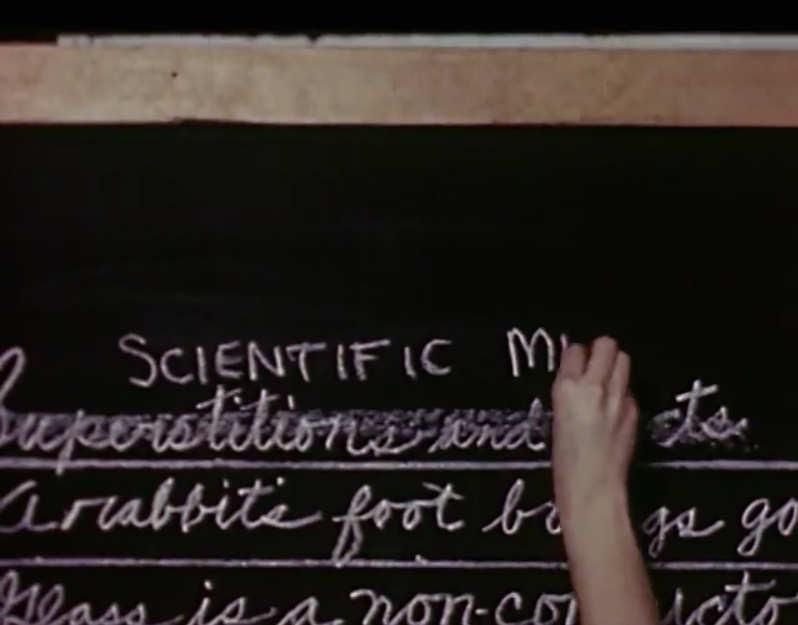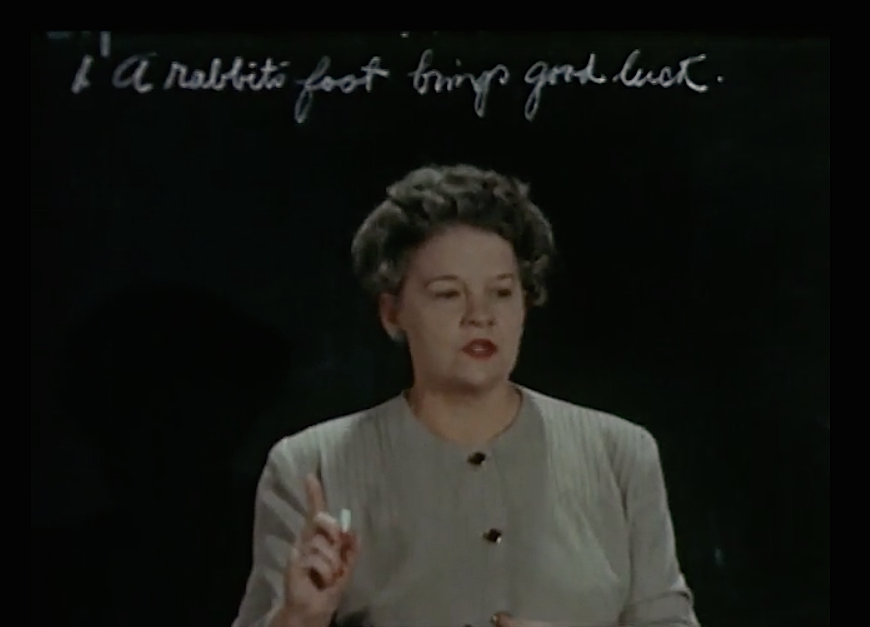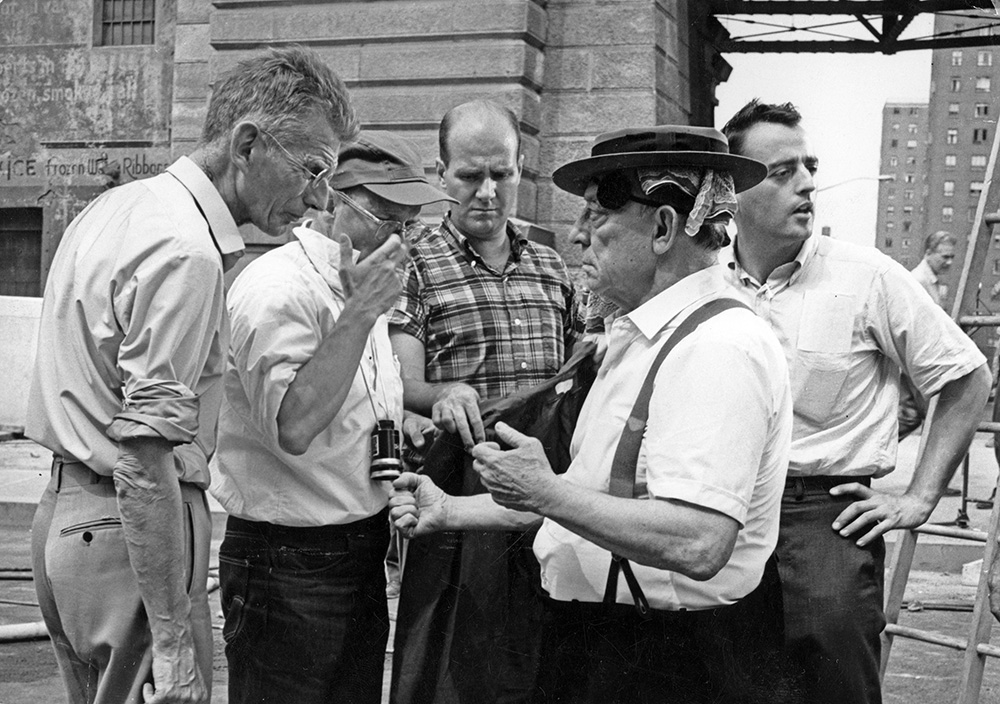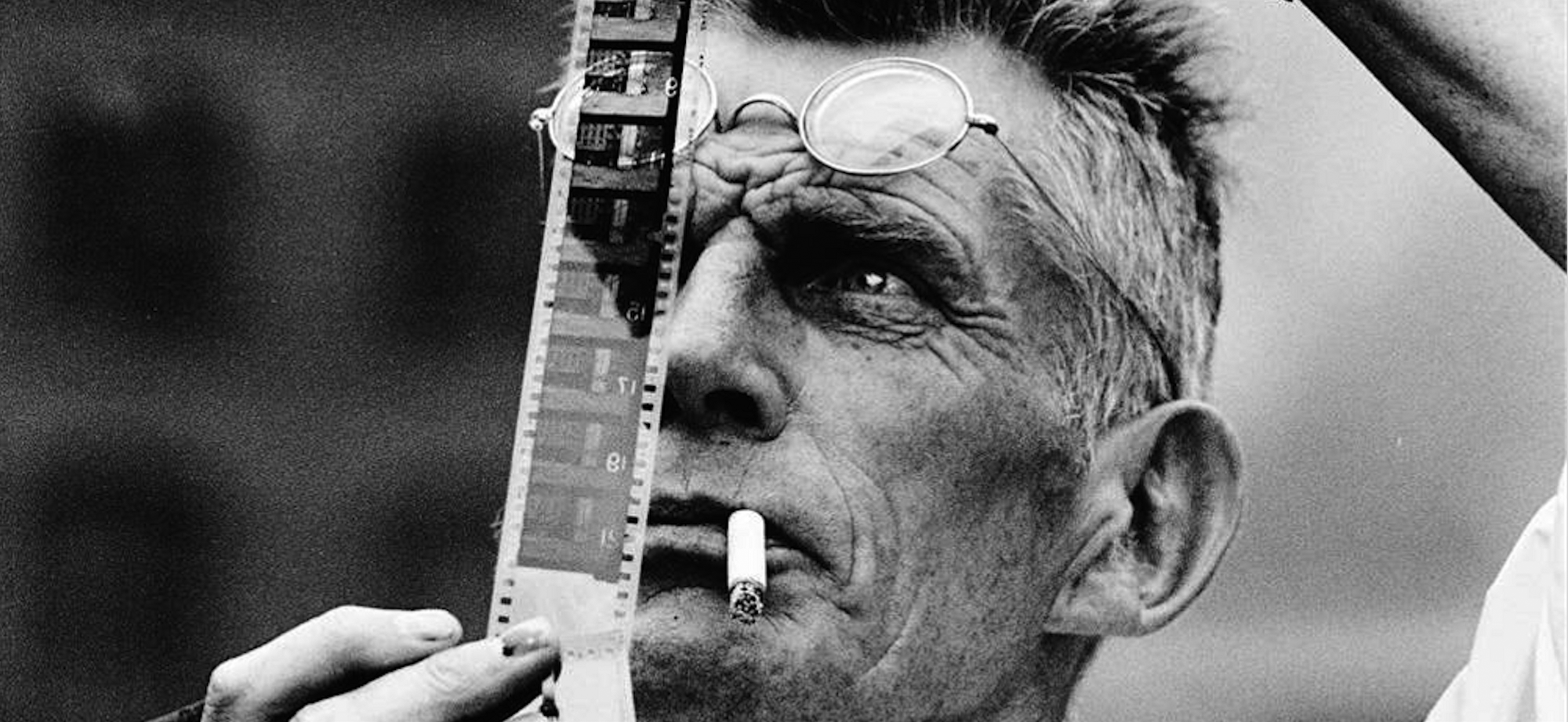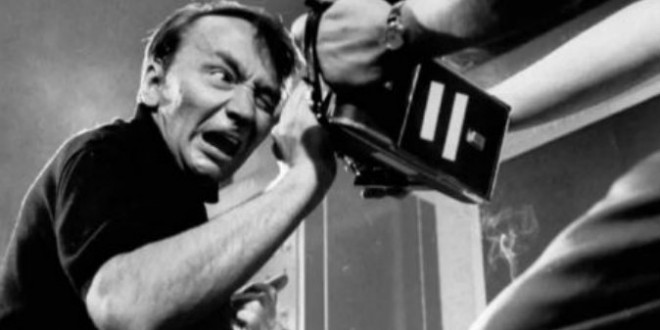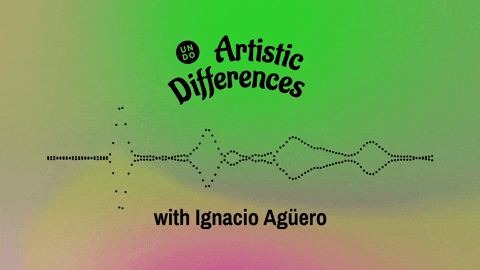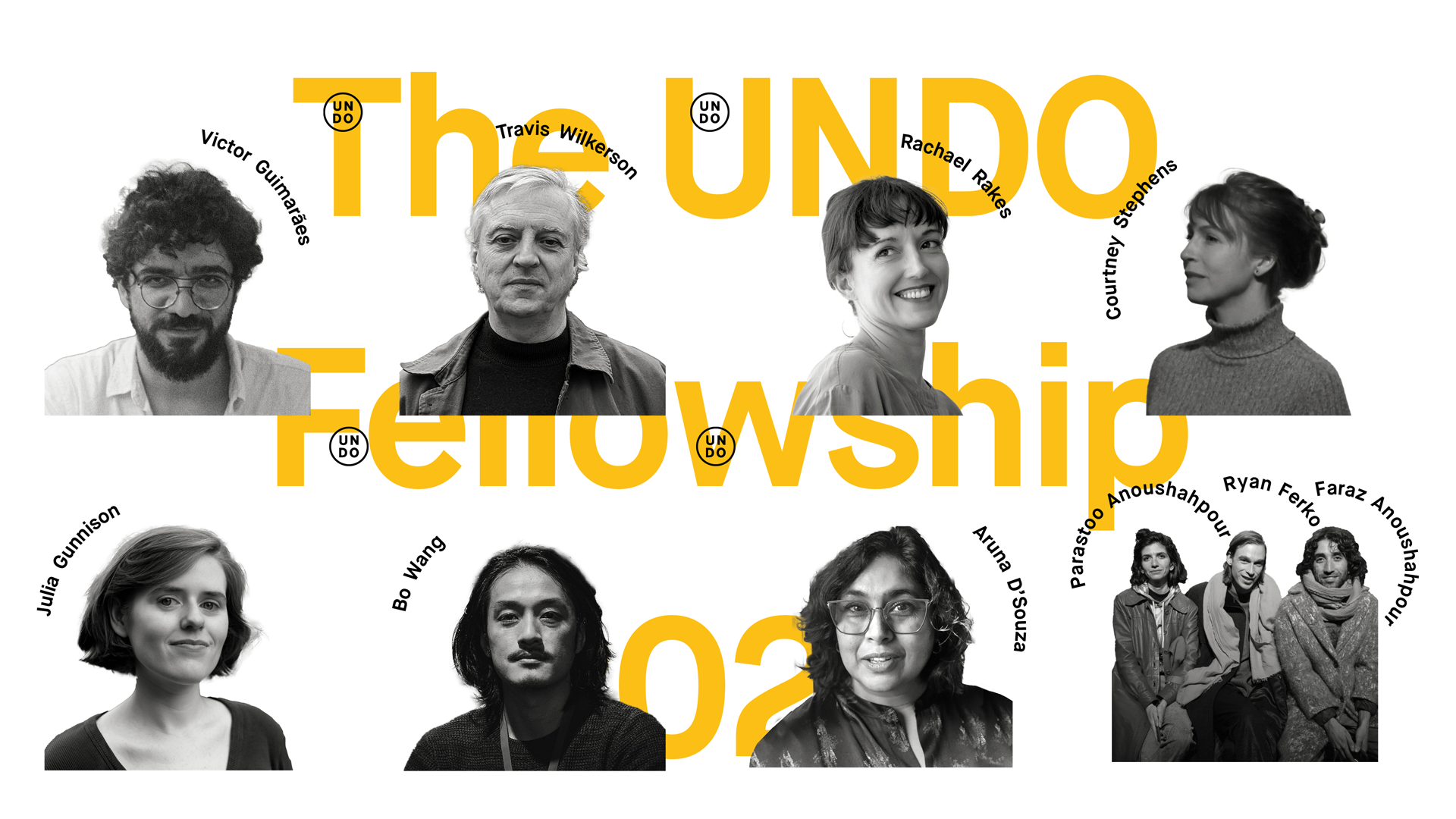This workshop is SOLD OUT. Please sign up for the waitlist below to receive updates regarding any openings or similar future opportunities.

- This event has passed.
Oct 6, 2017 at 10:00 am – Oct 8, 2017 at 5:00 pm
Speculations in the Archive
With Courtney Stephens, Kevin Jerome Everson, Lewanne Jones, Rebecca Baron, Ross Lipman, Michael Robinson, & Rick Prelinger.
Oops! We could not locate your form.
Consider the expansive potential of the archive for moving between the gray space of fact-based and imagined worlds in this intensive workshop. Over the course of the three days, we will look in depth at filmmaking that applies archival materials to inventive ends, and consider multiple practices of truth-making, engaging with both institutional archives and appropriated content, widening the parameters of what may constitute an archive. Students will have the opportunity to learn from a range of seasoned guests, including archivists, archival researchers, non-fiction and experimental filmmakers, and visual artists who have taken inventive approaches to archives; even created new ones, as we consider the role of fiction in historical speculation.
The workshop will explore common practices of working with institutional archives, while also challenging the idea of what may serve as an audio/visual index. Topics will include: creative strategies for unfolding the potential of archival content; parafiction and invented archives unorthodox collecting and the acquisition of unusual source material, approaches to adapting and re-purposing found material, and working with estates, libraries, and the data stream as sources. We will consider a variety of contemporary documentary practices, such as live documentary, in widening the margins of presentation. The goal of the workshop is to encourage participants to envision new forms of empathic intervention in traditional records, imagine creative means of non-fiction “adaptation,” and broaden their view of potential source materials to identify untapped mines of possibility.
By germinating new approaches to archival material, this intensive seminar offers practical advice and creative inspiration to filmmakers, artists and storytellers. The workshop format will include a dynamic mix of readings, discussion, screenings, visitor presentations, and New York Film Festival attendance.
Led by filmmaker and programmer Courtney Stephens and co-organized with Mathilde Walker- Billaud, the workshop integrates with the New York Film Festival’s experimental Projections program, with two Projections artists participating in the workshop. We will attend a program at Lincoln Center as a group.
Details
Open to everyone, though the workshop setting is best suited for filmmakers, film producers, journalists, curators and media artists.
Give us an idea of who you are and why you are coming. After you register you will be asked for a short statement of interest that should briefly describe your experience and a film project (it would be great if you have a project in progress that you would present to the group during the work-in-progress critique sessions), plus a bio. There’s a spot for a link to a work sample (and CV, which would also be nice, but is not required).
$385 early bird registration by September 19th, 2017 at 5PM.
$450 regular registration.
The deposit is non-refundable. Should you need to cancel, you’ll receive half of your registration fee back until November 14th. After November 14th, the fee is non-refundable.
In order to keep costs down, this workshop is a BYOL, i.e. bring your own laptop. Students must be fully proficient using and operating their computers.
To register for a workshop, students must pay in full via card, check, or cash. After the early bird registration deadline of November 14th, course fees are not refundable or transferable and any withdrawals or deadlines will result in the full cost of the class being forfeit. There will be no exceptions. To withdraw from a course please email info-at-uniondocs.org.
In the event that a workshop does not receive sufficient enrollment, it may be canceled. Students will be notified at least 48 hours prior to the start of a cancelled workshop and will be refunded within 5 business days. If we reschedule a workshop to another date, students are also entitled to a full refund. UnionDocs reserves the right to change instructors without prior notification, and to change class location and meeting times by up to an hour with 48 hours prior notice.
Schedule
Friday, Oct 6th, – 10:00 - 5:00p
Day 1: Interventions
The first day will consider the filmmaker as an archivist and an historian. How do you build an historiography with disparate, even opposing information, voices, and sources? We’ll look closer at archival collections and research practices (in estates, private and public libraries, and online), and think through the act of gathering alongside the politics of preservation – considering both processes an essential part of a film’s lexicon.
AM – Ross Lipman
PM: Lewanne Jones (in person) & Rick Prelinger (skype)
Saturday, Oct 7 – 10:00a - 5:00p
Day 2: New Archives / New Narratives
The second day will focus on interpretation. How do you create your own narrative with previously existing materials? How can unorthodox choices in archives help to tell non-centrist histories and participate in the construction of a complex and ambiguous past? Looking at the archive as a form of detritus, we’ll also discuss possible techniques of estrangement and define new ethics of repurposing.
AM – Kevin Jerome Everson
PM – Courtney Stephens + Presentation of student’s works
+ Field trip to New York Film Festival’s “Projection” (TBC)
Sunday, Oct 8 – 10:00a - 5:00p
Day 3: Re-creations and Parafiction
What is a historical perspective? The third day explores the fictional potential of archives and media; it’s potential for reinterpretation. The group will look closely at acts of recreation, speculation, and repurposing, as well as more radical gestures such as material creations, hoax, and parafiction.
AM – Michael Robinson
PM – Rebecca Baron
Each day follows this general structure, with some minor variations and substitutions:
10:00a
Warm up, inspiring references, case study, eye training.
10:30a
Presentation by guest speaker + individual work-in-progress critique
11:45a
Discussion
12:30p
Share / Discussion / Exercise
1:00p
Lunch (on your own)
2:00p
Presentation by guest speaker + individual work-in-progress critique
3:15p
Discussion
4:00p
Workshop Exercise + Critique
5:00p
Wrap Up
Bios

Kevin Jerome Everson (b.1965) from in Mansfield Ohio. He has a MFA from Ohio University and a BFA from the University of Akron. He is a Professor of Art at the University of Virginia in Charlottesville Virginia. He has made over 130 films, including Tonsler Park (2017), Park Lanes (2015), The Island of Saint Matthews (2013), Erie (2010), Ten Five in the Grass (2012), Ears, Nose and Throat (2016), Stone (2013), Century (2013) and Fe26 (2014), He also has two DVD box sets Broad Daylight and Other Times and I Really Hear Something: Quality Control and Other Films by Video Data Bank.
Everson’s works have been shown at Sundance Film Festival, Berlin Film Festival, International Film Festival Rotterdam, Oberhausen Film Festival, Venice International Film Festival, Toronto International Film Festival, New York Film Festival, The Museum of Modern Art, the Whitney Museum of American Art, The Tate Modern, National Gallery in Washington DC and Centre Pompidou in Paris. The work has also been recognized through awards and fellowships, including a Guggenheim Fellowship, an Alpert Award, a Creative Capital Fellowship and an American Academy Rome Prize. He is represented by Picture Palace Pictures New York, and Andrew Kreps Gallery New York.
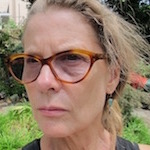
Lewanne Jones is an Archival Producer/Research Director for audio-visual productions. She has worked on many independent, network and public television projects as well as multimedia installations for on-site and web-based exhibitions. Her expertise includes visuals and general research, project management, database design, and permissions/copyright clearance. Among the many projects that she has contributed to are Eyes on the Prize, ABC’s Century, PBS Frontline and American Experience, and Fahrenheit 911. Recently she worked with Firelight Media on Freedom Riders and The Black Panthers: Vanguard of the Revolution, both documentaries for PBS that premiered at the Sundance Film Festival.
She is president of Autonomedia, a Brooklyn-based not-for-profit publishing and media activist collective and is currently working on several independent documentary projects relating to her life experiences in Africa and South America.

Rebecca Baron is known for her essay films concerned with the construction of history, with a particular interest in still photography and its relationship to the moving image. Her work has screened widely at international film festivals and media venues including Documenta 12, New York Film Festival, Centre Pompidou, Anthology Film Archive, Toronto Film Festival, London Film Festival, Pacific Film Archive, Flaherty Film Seminar and the Whitney Museum of American Art. She is the recipient of a 2002 Guggenheim Fellowship and a 2007 Fellowship at the Radcliffe Institute for Advanced Study. In 2010, the Austrian Film Museum presented a retrospective of her work. She teaches at CalArts.
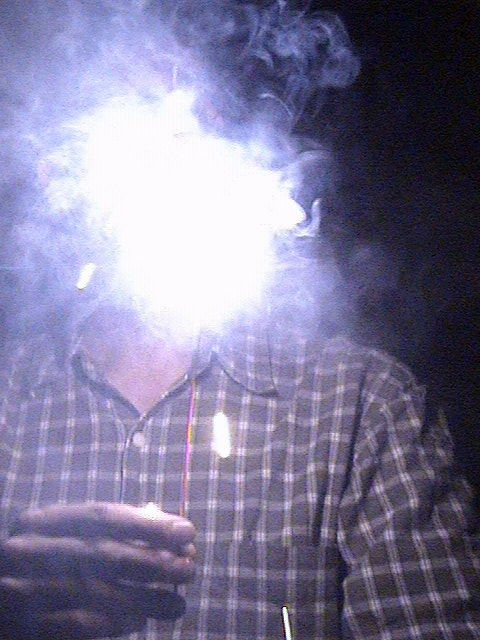
Ross Lipman is an independent filmmaker, archivist and essayist, best known for his 2015 feature Notfilm, which was named one of the top ten films of the year by Artforum, Slate, and many others. He is also former Senior Film Restorationist at the UCLA Film and Television Archive, where he restored and remastered works by John Cassavetes, Barbara Loden, Charlie Chaplin, Orson Welles, Dziga Vertov, Kenneth Anger, Shirley Clarke and Robert Altman. He is a three-time winner of the prestigious Heritage Award from the U.S. National Society of Film Critics, and has published extensively on film history, theory, and technology. His most recent work,The Exploding Digital Inevitable, is a live performance documentary that tells the troubling story of the Bikini Atoll atomic bomb blasts, and their depiction in artist Bruce Conner’s CROSSROADS. It premiered at the Rotterdam Film Festival in 2017.
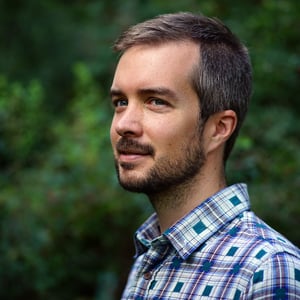
Michael Robinson (b.1981) is a film, video and collage artist whose work explores the joys and dangers of mediated experience, riding the fine lines between humor and terror, nostalgia and contempt, ecstasy and hysteria. His work has screened in both solo and group shows at a variety of festivals, museums, and galleries including The 2012 Whitney Biennial, The International Film Festival Rotterdam, The New York Film Festival, The Walker Art Center, MoMA P.S.1, The London Film Festival, REDCAT Los Angeles, The Wexner Center for the Arts, The Sundance Film Festival, Anthology Film Archives, Tate Modern, Media City, The Yerba Buena Center for the Arts, The Images Festival, The Ann Arbor Film Festival, and the San Francisco, Melbourne, Leeds, Vienna, Singapore and Hong Kong International Film Festivals. He was the recipient of a 2014 MacDowell Colony Fellowship, a 2012 Creative Capital grant, a 2011-2012 Film/Video Residency Award from The Wexner Center for the Arts, a 2012 Kazuko Trust Award, a 2009 residency from The Headlands Center for the Arts, and his films have received awards from numerous festivals.
Michael was featured as one of the “Best 50 Filmmakers Under 50” by Cinema Scope magazine in 2012, and listed as one of the top ten avant-garde filmmakers of the 2000’s by Film Comment magazine, and his work has been discussed in publications such as Art In America, Frieze, Artforum, Art Papers, The Village Voice, Time Out New York, Dazed and Confused, The Nation, BOMBlog, and The Brooklyn Rail. He has curated programs for San Francisco Cinematheque, Whitechapel Gallery, The Museum of Contemporary Photography, Cornell Cinema, and The State Contemporary Art Center in Moscow, and served on the awards juries of The Ann Arbor Film Festival, The Aurora Festival, The Big Muddy Film Festival, and Migrating Forms. Michael holds a BFA from Ithaca College, an MFA from the University of Illinois at Chicago (UIC), and has taught at Binghamton University and UIC.
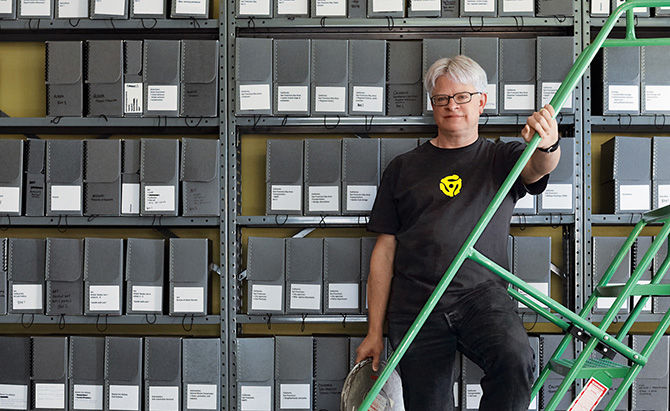
Rick Prelinger, an archivist, writer and filmmaker, founded Prelinger Archives, whose collection of 60,000 advertising, educational, industrial, and amateur films was acquired by the Library of Congress in 2002 after 20 years’ operation. Rickhas partnered with the Internet Archive to make over 6,000 films from the Archives available online for free viewing, downloading and reuse. His feature-length films PANORAMA EPHEMERA (2004), depicting the conflicted landscapes of 20th-century America, and NO MORE ROAD TRIPS (2013), a dream journey across the U.S., have played in venues around the world. Prelinger is a board member of the nonprofit Internet Archive and co-founder of an appropriation-friendly private research library open to the public in downtown San Francisco. Since 2013, he has been Associate Professor of Film and Digital Media at UC Santa Cruz.
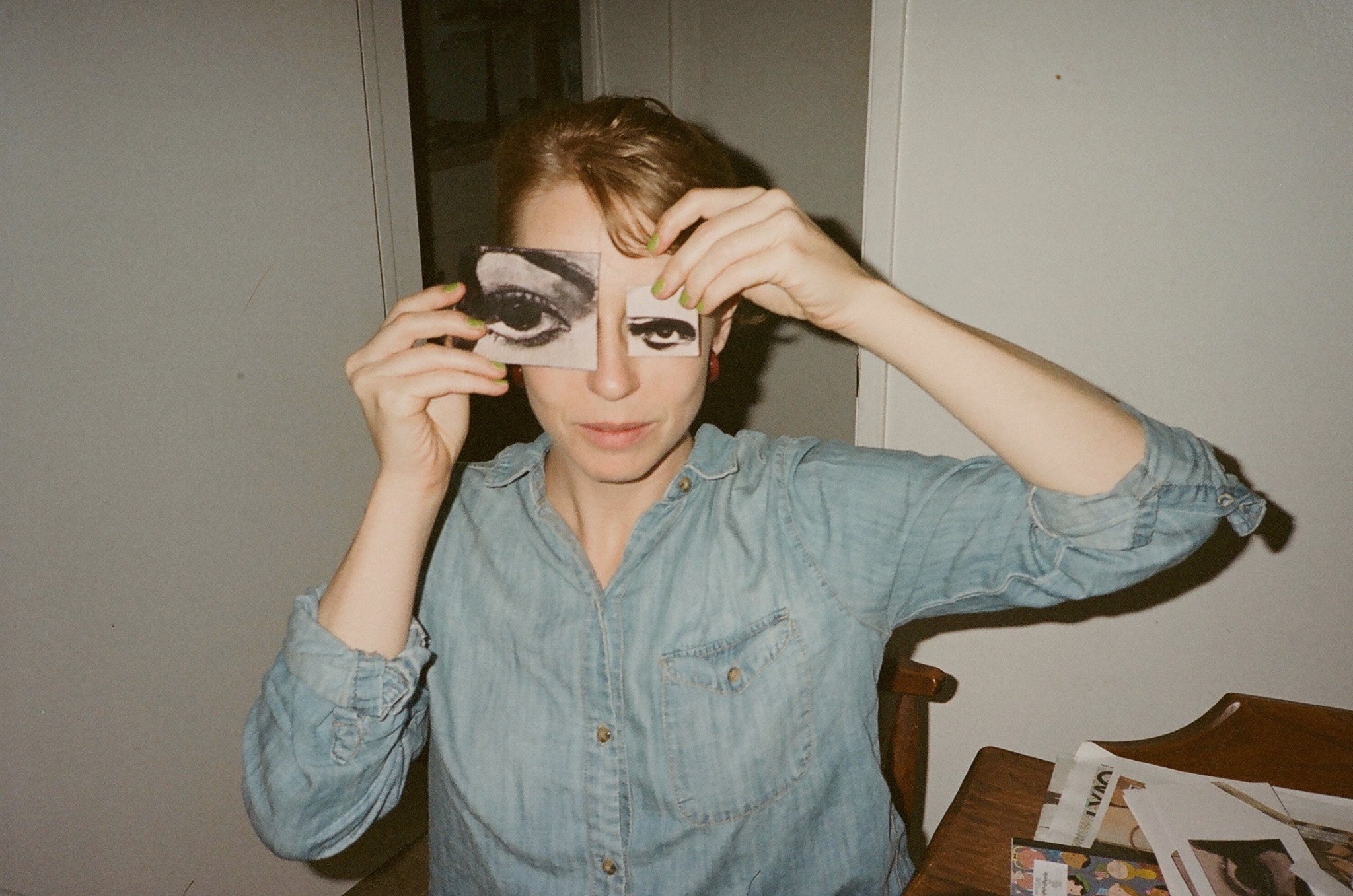
Courtney Stephens is a filmmaker and programmer based in Los Angeles. She has combined her interest in geography and archives into live essay-documentary, curated programs, alongside her work in experimental documentary. Her films have screened at SXSW, The Wexner Center for the Arts, Union Docs, Anthology Film Archives, Mumbai International Film Festival, Dhaka International Film Festival, and elsewhere. She co-programs the film and lecture series Veggie Cloud, and has presented events at The Getty Museum, REDCAT, AM-London, Art Contemporary Los Angeles, Human Resources, the Velaslavasay Panorama, and ongoingly at Veggie Cloud’s space in Los Angeles. Stephens attended the American Film Institute, is the recipient of a Fulbright Scholarship and a Sloan Scholarship, and periodically lectures on subjects relating to film and geography at the Royal Geographical Society, London.

